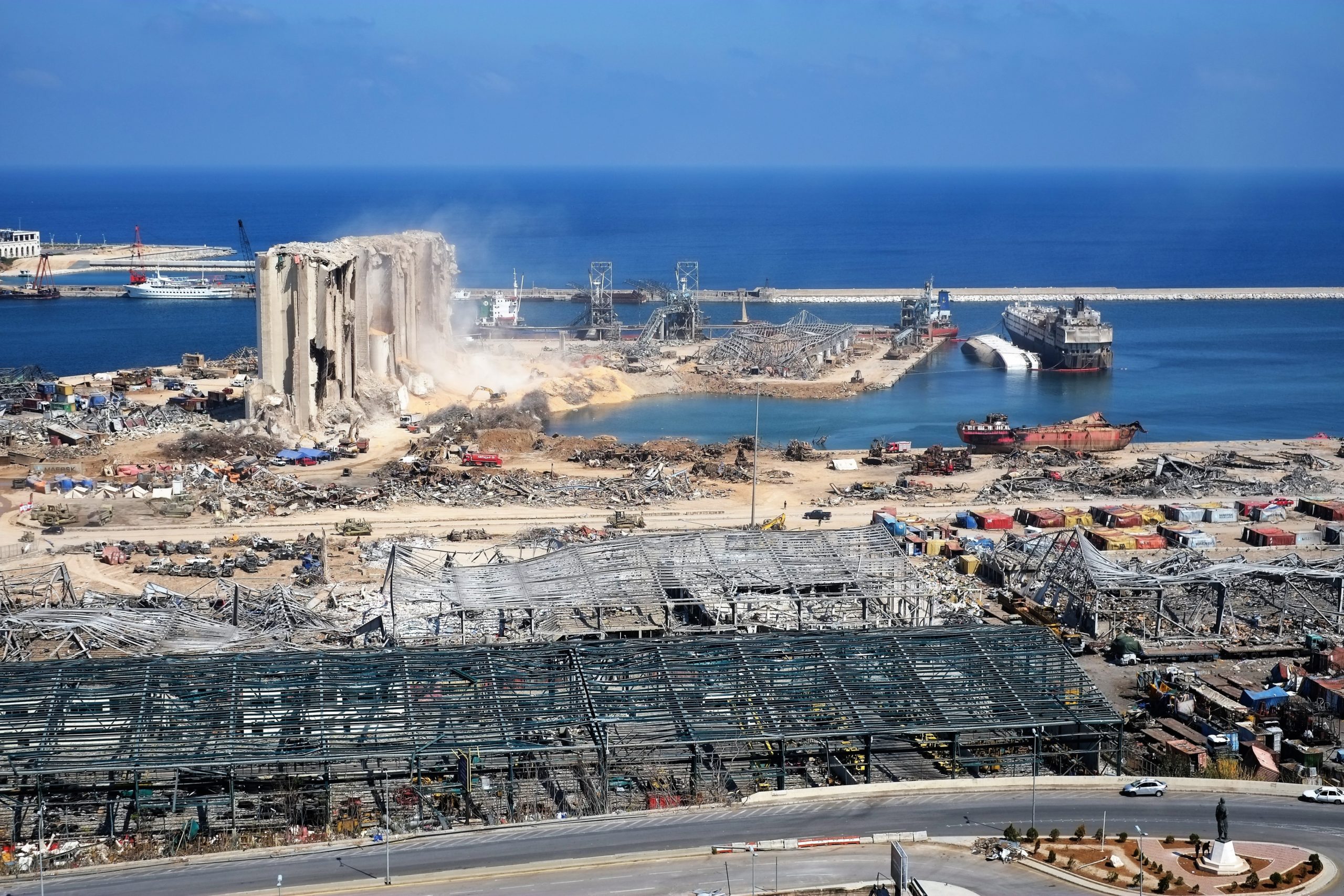On the 4th of August, Beirut suffered a shocking explosion that not only had a physical effect but shone a light on the deep-rooted issues in Lebanon.
As footage of the explosion circulated across the world and witnesses described the scenes of devastation, people are left questioning how an explosion of this size happened and who is to blame.
The blast took place at the Port of Beirut, on the city’s northern coast. First, there were reports of an explosion followed by several smaller blasts then a colossal eruption which radiated through the city. Both the president and prime minister have confirmed the explosion was a result of the detonation of 2,750 tonnes of ammonium nitrate that had been stored for six years without safety measures at Beirut’s port.
An expert on blast protection engineering, Professor Andy Tyas said,
“Whatever the precise charge size, this is unquestionably one of the largest non-nuclear explosions in history, far bigger than any conventional weapon.”
The blast killed over two hundred people and injured thousands. The countries capital showing remnants of the city, with buildings destroyed and lives ruined. Although the source of the explosion has been identified, exactly how this happened is still uncertain. But speculation has got people talking about the political injustice within Lebanon. Many have accused Lebanon’s leaders of culpability of the blast through their alleged negligence and corruption.
Lebanon is in a debt burden equivalent to nearly 170% of its GDP and currently undergoing its worst economic crisis since the 1975-1990 civil war. The value of Lebanese pound has plummeted amid soaring inflation and unemployment, subsequently leaving the country in a sorry state of affairs. With a severe lack of foreign currency inflow and tougher restrictions on dollar withdrawals and transfers, the World Bank has warned of an impending recession that may see poverty rates rise drastically.
It is without question, the Lebanese political system is to blame due to its refusal of reform and facilitation of its leaders’ reckless behaviour. As Jad Chaaban, an economics professor at the American University of Beirut, stated, the crisis “is the creation of a failed and criminal political class that has lied and robbed for more than 30 years”.
Frustration with the governments inadequate handling of national finance fuelled political opposition and demand for change. But despite protestors’ efforts, the government have been complicit. Foreign powers were aware of this dynamic but often turned a blind eye, as they believed the Lebanese political system brought stability and predictability following the
tumultuous civil war. But in more recent years, international support has been offered. Lebanon’s foreign backers, including France, have said they are willing to grant financial assistance if the country takes serious steps towards addressing the failing economy. However, an $11bn aid package pledged at a conference in Paris in April 2018 has not been unlocked by donors due to a lack of reform. Similarly, talks with the International Monetary Fund (IMF) on a $10bn bailout were stalled.
The government’s reluctance to change and political reform has been the downfall of the country. And now, the effects of coronavirus, coupled with the explosion could significantly worsen the prospects of recovery.
The world is watching the Lebanese government, and questioning their systematic failings and lack of transparency and accountability. As much as the country needs international support and financial assistance, the primary change needs to start from within. It needs a new social contract and a political system. The international community has to abandon their tacit support of a disastrous political status quo and put pressure on the government to change in order for the country to survive and the people to get the justice they deserve.
Sophie Denham
Featured Image Source: Rashid Khreiss

